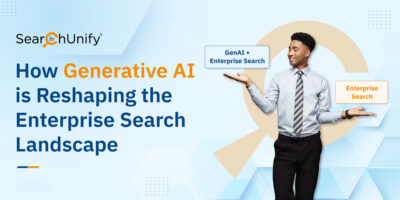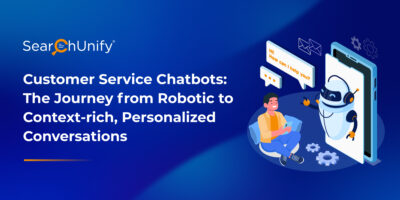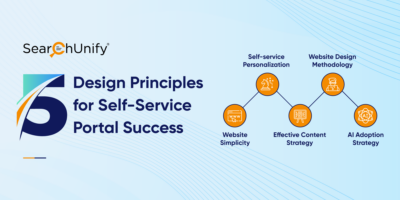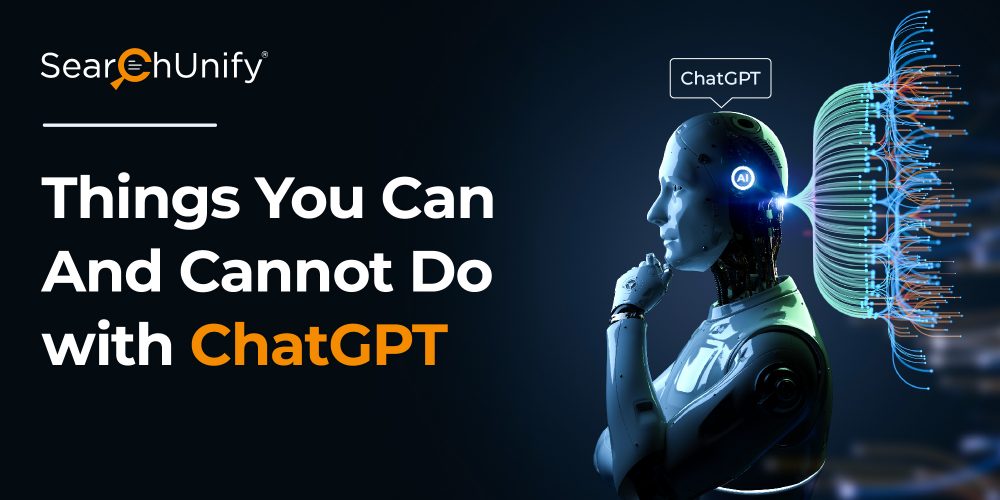
Remember when movies like “Back to the Future” would predict the invention of flying cars as soon as 2015? Well, now that we’re way past 2015, it’s safe to say that none of the movies got it right. But that’s not the case with the tech world.
In the past few years, the tech realm has seen some groundbreaking developments. One of them is ChatGPT—a generative AI that has been in the limelight for a lot of things now, from cracking the toughest exams to simply mimicking human conversations.
With its sudden shot to stardom, some doubts were bound to tag along. So, if you’re curious to know more about its functioning, capabilities, and more, you’re in the right place!
What is ChatGPT?
Chat Generative Pre-trained Transformer, commonly known as ChatGPT, was launched by OpenAI in November 2022. The company gained a lot of recognition for its AI text-to-image generator, Dall-e, which received a million sign-ups within 2.5 months.
OpenAI is an American AI research lab with the mission to “ensure that artificial general intelligence (AGI) benefits all of humanity.” Considering that ChatGPT also reached a million users within 5 days of launching, OpenAI seems to be on the right track to fulfilling its mission.
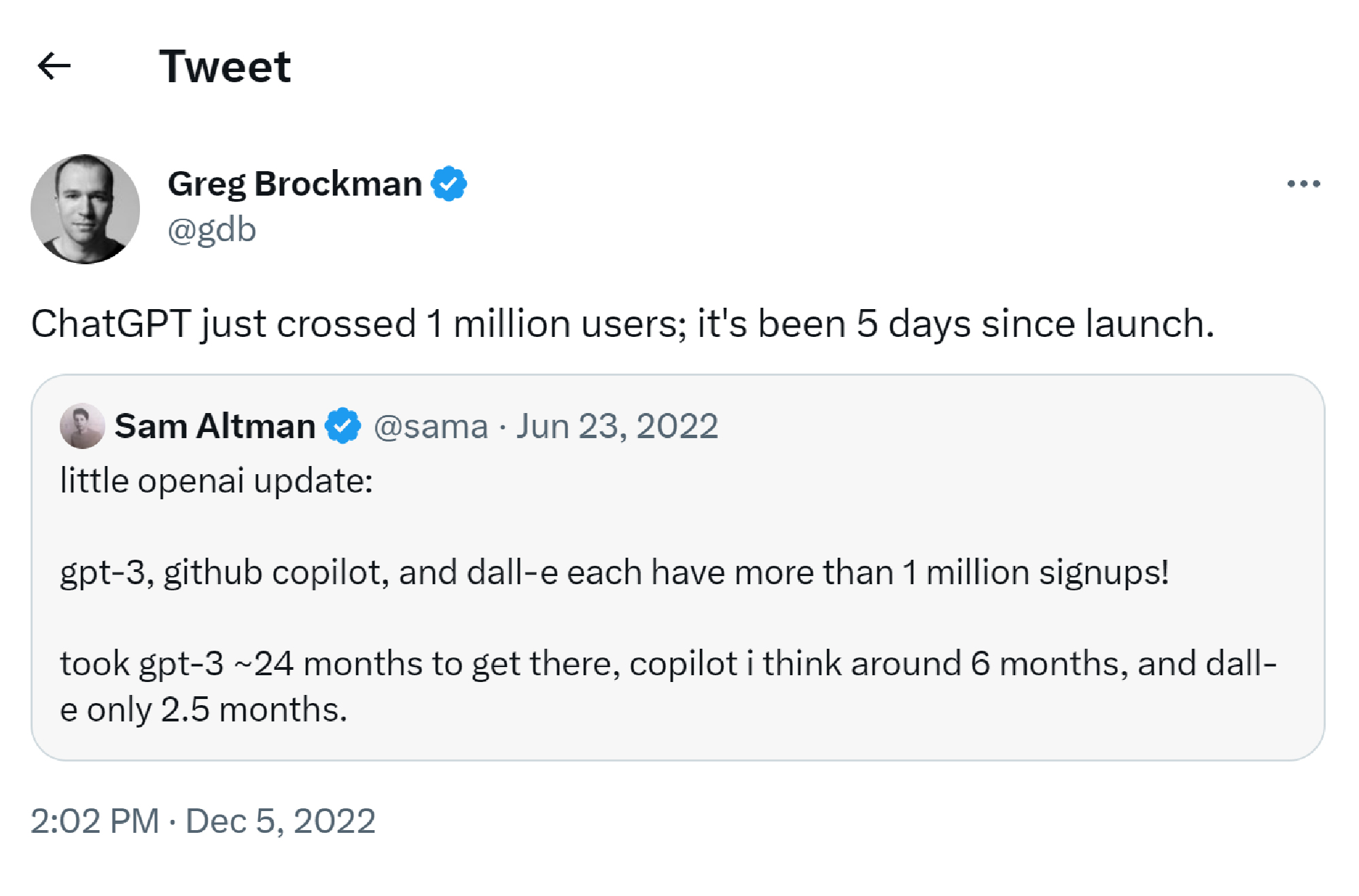
But what exactly helped ChatGPT become almost an overnight success?
Stay tuned as we explore ChatGPT’s capabilities. But first, let’s get acquainted with the technology that makes all the magic you see on your screen possible.
What is the Technology Behind ChatGPT?
ChatGPT is a large language model (LLM), which is constantly learning and updating itself based on the latest advancements in the world of NLP and deep learning. It was trained on a massive amount of data with the help of a neural network architecture, Transformer.
This architecture uses unsupervised learning; therefore, the large quantity of data ChatGPT was trained on serves no specific purpose. The transformer architecture enables it to learn patterns of human language and accurately predict what’s about to follow mid-sentence.
As a result, ChatGPT is able to generate contextual and rational responses to user queries. Furthermore, it relies on an array of different technologies like positional encoding, attention mechanisms, and multi-head self-attention to gain a better understanding of the human language.
Now let’s have a look at the tasks these technologies can be applied to and other possible implications.
What is ChatGPT Capable of Doing?
One of the most remarkable things ChatGPT is known for is its ability to have conversations with users without them sounding convoluted. NLP makes it possible for machines to understand human language.
The chatbot can perform a number of NLP-powered tasks, some of which are:
- Text Generation: It can write articles, blogs, personalized social media posts, etc., and even mimic human responses to queries.
- Language Translation: It can be trained to translate text from one language to another.
- Automatic Text Summarization: It is the ideal tool for when you want a concise summary of long texts. It’s also perfect for when you want a quick overview of the text.
- Sentiment Analysis: It can understand the sentiments behind any text, and automatically classify them as positive, negative, or neutral.
Further, it can be trained to convert text to audio, caption images, and videos, answer questions based on a piece of text and even complete unfinished prompts.
ChatGPT can also write codes, provide answers to all sorts of questions, write high-quality content within seconds, and much more!
However, due to its ability to execute a variety of tasks, people often wonder if ChatGPT holds the power to render some professions obsolete.
While that may not be the case, it can surely provide a boost in industries that are heavily reliant on human interactions, such as the customer service industry. Large organizations like Meta and Shopify are already using the technology behind ChatGPT in their support bots.
There are many upsides to incorporating ChatGPT’s progressive technology into your support strategy, such as:
- Providing information: ChatGPT helps deliver information and insights on a wide range of topics, such as news, health, entertainment, and technology.
- Gathering consumer feedback: Consumers usually ignore links that redirect them to a survey page. ChatGPT can be trained to create intelligent and conversational surveys, boosting genuine feedback rates.
However, it is also advisable to slowly test the waters as generative AI can be unpredictable at times. Further, adapting it into your daily operations won’t be a cakewalk either.
Limitations of Generative AI
- Limited domain knowledge: Generative AI’s knowledge is limited to the data it has been trained on. Hence, it may not be able to comprehensively respond to questions outside its domain.
- Limited personalization: It provides limited personalized results whereas customers look for hyper-personalized responses.
- Vulnerability to biased responses: Since Generative AI is only as good as the data it is trained on, it may also reproduce biased or flawed responses based on the dataset it has been trained on.
If you’re finding it tedious to keep up with this complex all-rounder AI tool, let me help you out. You can gain deeper knowledge into the booming world of AI and learn more about ChatGPT from an industry expert’s perspective from the comfort of your home!
SearchUnify recently delivered a conversational webinar to help enthusiasts explore ChatGPT’s implications in the world of customer support, future advancements, possible limitations, etc., in detail.
What You Can Expect From the Webinar
There’s been a lot of buzz in the AI sector regarding the technology ChatGPT leverages, and how it can revolutionize several professional sectors. However, it also poses lots of drawbacks that tend to get overlooked amongst the hype.
For instance, such a large LLM does not cater to any particular tasks. Therefore, is bound to make mistakes.
Join Taranjeet Singh, Principal Data Scientist, SearchUnify, in an online webinar as he explores the idea of building smaller, more precise models, the possible impact of ChatGPT in the customer service industry, and much more!
You can watch the webinar’s on-demand recording here. Happy learning!

